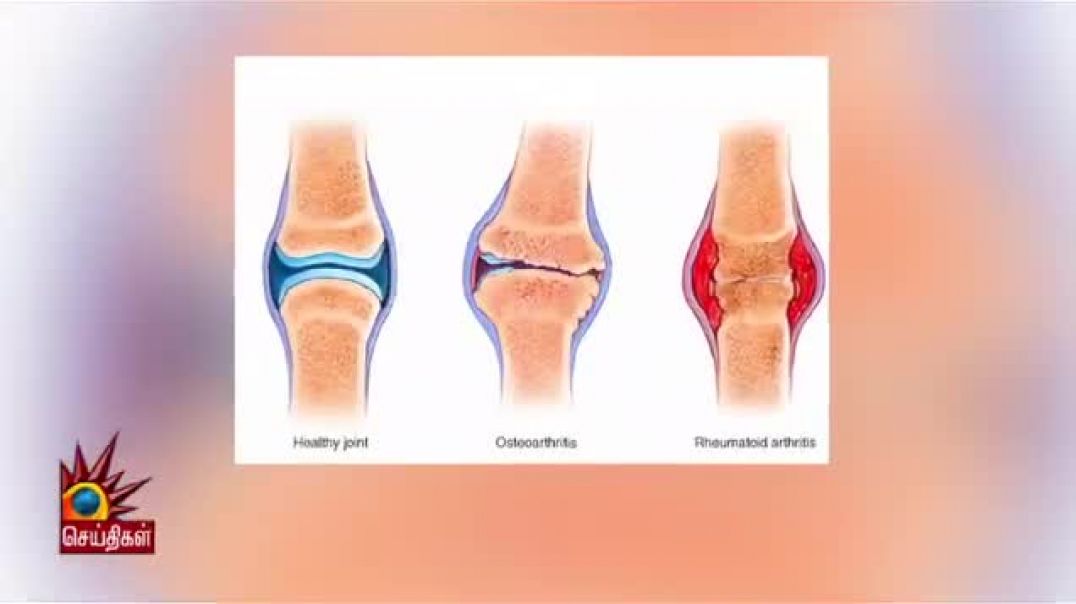Endoscopic Endonasal Surgery for Pituitary Adenoma
Free online consultation is available.
https://www.drkomatsu.com/contact?utm_source=YTFC
Dr. Fuminari Komatsu website; https://www.drkomatsu.com/
Minimally invasive endoscopic surgery for brain tumors including pituitary adenoma, craniopharyngioma, and Rathke's cleft cyst.
Department of Neurosurgery
Institute of Neurosciences Kolkata
185/1 A.J.C. Bose Road, Kolkata, West Bengal, 700017, India
http://www.neurokolkata.org/
Email: info@neurokolkata.org
Endoscopic endonasal surgery for pituitary adenoma is performed through the nose. A 4-mm endoscope is inserted into the nasal cavity and advanced into the narrow space toward the tumor. After opening the bone over the tumor, the dura is incised, exposing the tumor. The tumor is safely removed using specially designed instruments. A pituitary tumor expands bilaterally and upwards behind the bone. Angled endoscopic views promote effective tumor removal without damaging the carotid arteries. The tumor expanding upwards is removed, with preservation of the normal pituitary gland. After tumor removal, the tumor cavity is covered by harvested abdominal fat. Endoscopic endonasal surgery for pituitary adenomas allows minimally invasive surgery with excellent surgical results.























SORT BY-
سرفہرست تبصرے
-
تازہ ترین تبصرے